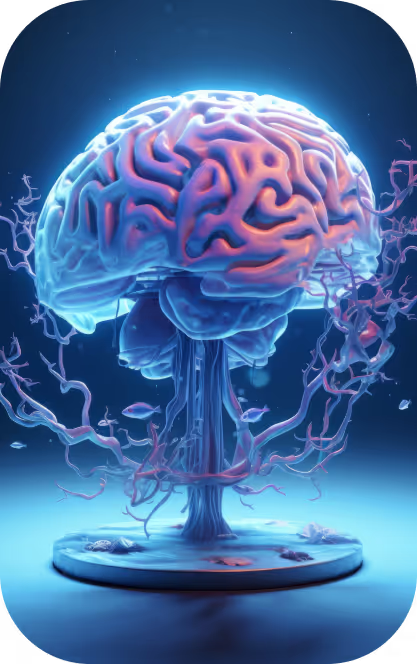ADVANTAGES AND DISADVANTAGES OF IMPLEMENTING ARTIFICIAL INTELLIGENCE IN THE EDUCATIONAL PROCESS
Magazine Name
Type
date
Authors
DOI
Annotation
The article discusses the main aspects of the use of artificial intelligence in education, focusing on its advantages and challenges. The author defines AI as a system of functional computer technologies that model human thinking and skills, such as analysis of complex systems, judgment, and dialogue support. AI allows collecting and analyzing large amounts of data, developing individualized teaching methods, automating control, and providing feedback. Innovative technologies in education have proven to be effective even in times of crisis, such as quarantine and war. The main benefits of AI include personalization of learning, creation of individualized plans, immersive learning, and intelligent progress tracking, which reduces the workload of teachers and allows them to focus on students. At the same time, AI adoption is facing resistance to innovation, financial challenges, and skepticism about its effectiveness. Most AI programs focus on content presentation and testing, which does not promote critical thinking and creativity. Research prospects include developing methodologies for evaluating AI's effectiveness, integrating learning theories with practical developments, and addressing ethical issues.










